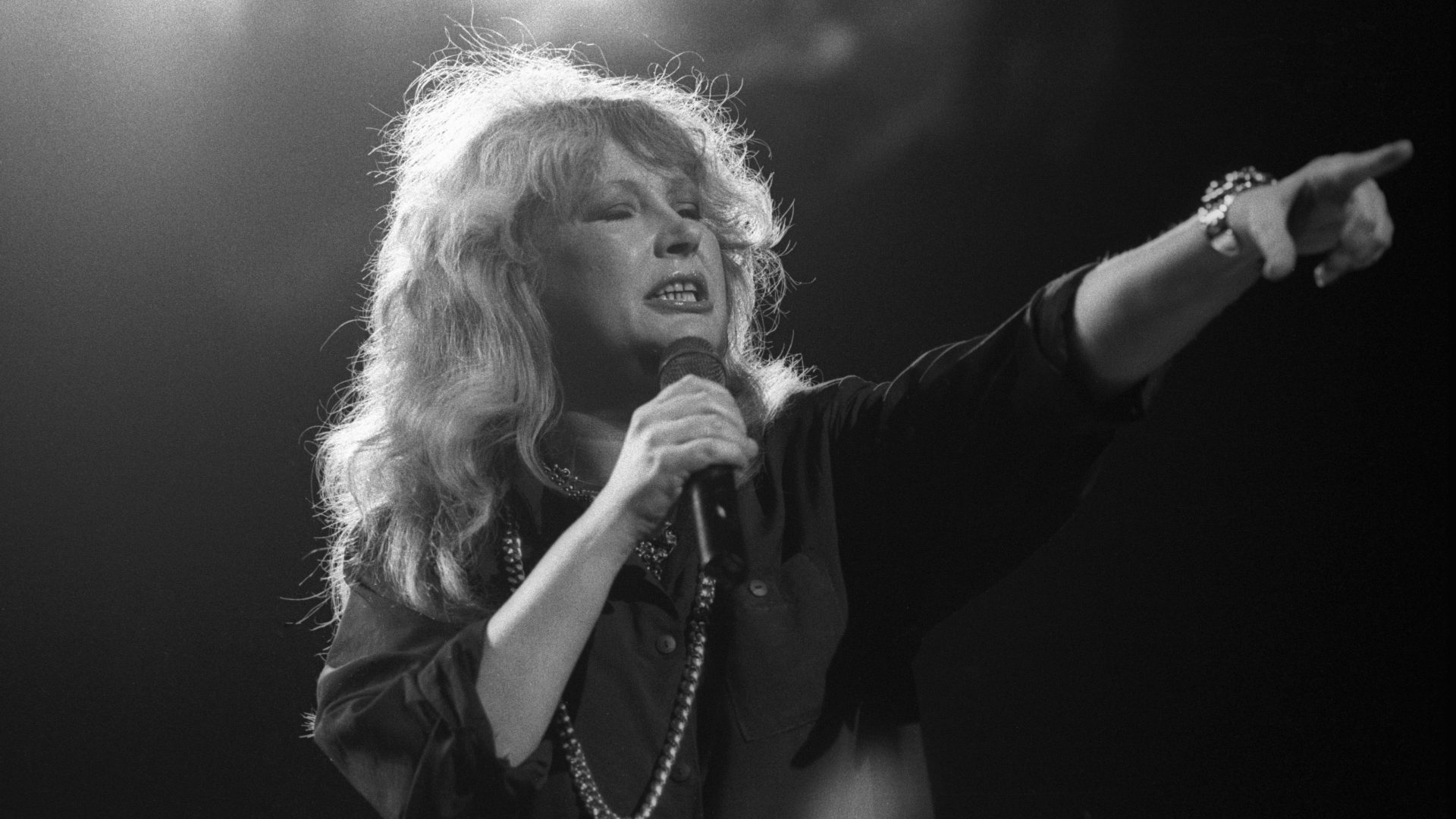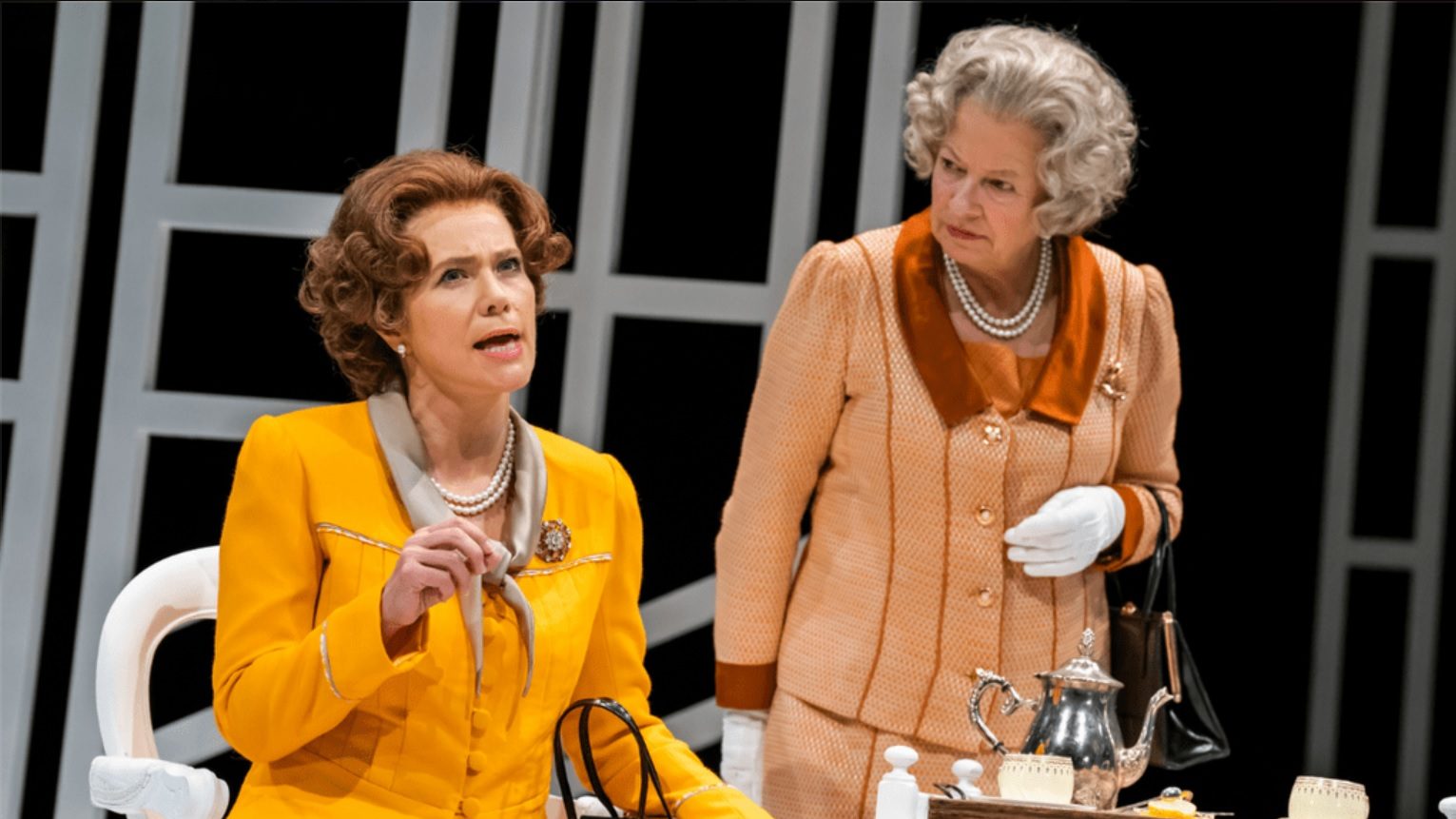The P Word
Bush Theatre, London, until October 22
Sometimes, not often, I find myself reviewing plays that feel genuinely important, that speak to our times and break new ground. I had this feeling
watching The P Word. I had it, too, watching Kabul Goes Pop at Brixton House a few months ago.
It so happens both are written by Waleed Akhtar, who I first became aware of as an actor in the film Salmon Fishing in the Yemen, and later on stage in Wipers at the Watford Palace Theatre. Actors often go on to become very good directors, but less frequently great writers. Akhtar is a notable exception.
In The P Word, Akhtar plays Bilal – or Billy, as he prefers to be known – a
young Pakistani struggling to reconcile his faith and his family with his sexuality. He is into nightclubs and the gay dating site Grindr and finds
himself going from hook-up to hook-up, but finding love elusive. He then gets drunk one night, falls into bad company and gets rescued by Zafar, another gay Pakistani, who also happens to be an asylum seeker.
Esh Alladi plays his unlikely saviour with a quiet dignity, but also a sadness. It emerges that his father has killed the love of his life in Pakistan and he had to flee in order to remain alive. Zafar’s arrival is a turning point in the play, where it begins to become an old-fashioned love story.
Initially, there’s little prospect of that happening – Billy makes it clear that he
doesn’t date other Pakistanis – but gradually his sense of superiority over Zafar begins to ebb away as he realises what the other man is going through
and that he has finally found someone with genuine concern for him.
Akhtar has written parts for himself and Alladi that mainline into the human
condition. The skill in his writing is that he challenges prejudices and draws you into an intensely human drama. I saw him do the same in Kabul Goes Pop – which focused on the impact on two individuals of the American withdrawal from Afghanistan last year – and this time there is the same humanity, compassion and underlying fury.
Along with his director, Anthony Simpson-Pike, Akhtar gets, of course, that no one is going to take kindly to being lectured, and, mindful also that he is taking his audiences out of their comfort zones, his writing is sometimes funny and playful, but the seriousness of intent is there in every word.
I’ve often written here of the smug complacency about so much British theatre these days, but here is a writer prepared to address issues head-on and with enormous clarity and courage.




